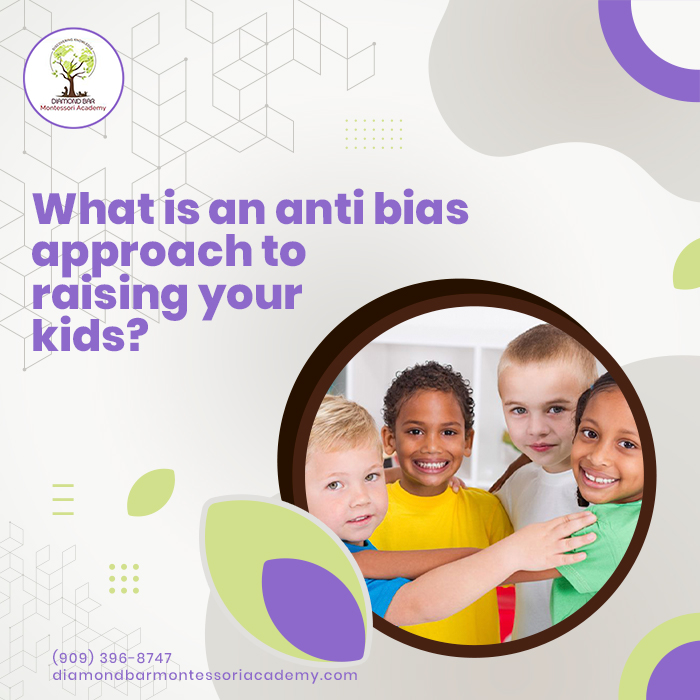Sudoku Puzzles for Preschool & Kindergarten Kids

Sudoku puzzles have long been a popular pastime for adults, but did you know that they can also be a great tool for preschool and kindergarten kids to develop their problem-solving skills? Sudoku puzzles for kids can help improve their cognitive abilities, spatial reasoning, and logical thinking, all while providing a fun and engaging activity. What is Sudoku? Sudoku is a number-based logic puzzle that involves filling a 9x9 grid with numbers from 1 to 9. The grid is divided into nine smaller 3x3 grids, and each row, column, and smaller grid must contain all of the numbers from 1 to 9 without any repeats. Sudoku puzzles for kids are similar, but they often use smaller grids and fewer numbers to make them more accessible to young children. These puzzles can be a great way to introduce kids to the concepts of problem-solving and critical thinking, while also improving their number recognition and counting skills. Why Sudoku is Great for Preschool and Kindergarten Kids Sudoku...





